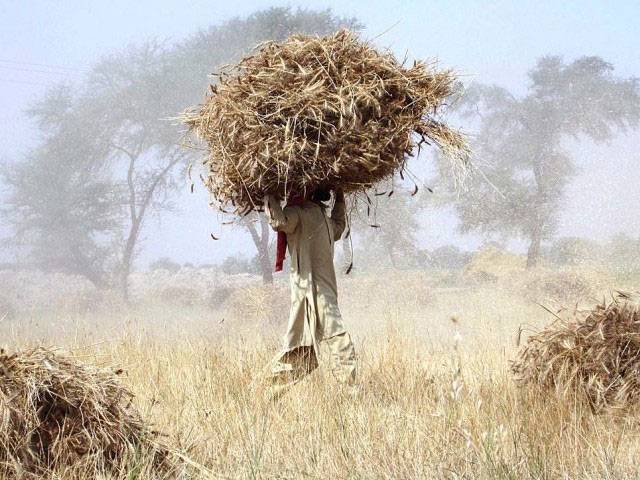KARACHI - The Federation of Pakistan Chambers of Commerce & Industry (FPCCI) on Tuesday said inventing and applying new technologies had become need of the hour for Pakistan’s economy, especially for the agriculture sector.
FPCCI’s Regional Standing Committee Chairman Ahmad Jawad said Pakistan urgently needed post-harvest technology as adequate application of required and recommended post-harvest treatments not only minimised losses but also maximised profits, and hence resulted in more nutritious fruits and vegetables on consumer plates.
“Pakistan also seriously requires post-harvest research, which concentrates on protection, preservation, treatment, processing, storage and transportation of fresh, dried and processed products,” he added.
Jawad gave the example of US citrus sold out for $2000 per ton and said Pakistan’s citrus price was $500 per ton in the international market despite the fact that Pakistan produced best quality citrus.
“The only reason for this dismal situation is that we are lacking in latest technology,” he said, adding, “Similarly there is a long list of crops like cotton, wheat, rice and mangoes whose produce remains below their potential.”
FPCCI Standing Committee chief further said that despite passage of 18th Amendment, provinces had failed to introduce new agriculture, environment and food security policies, which, he said, showed lethargy and slackness on the part of the government.
“In order to eliminate poverty from rural areas, we need to revisit our priorities, and invest heavily in the fields of research and technology to benefit small landholders,” he said, and added, “We must emulate Bangladesh example for achieving significant success in food security, which has been acknowledged by the World Bank too.”
He urged the policymakers to understand that Pakistan is an agrarian economy.
Jawad also questioned outcome of the directives of the prime minister to the Ministry of National Food Security and Research regarding a consultation process.
He recalled that Prime Minister Nawaz Sharif had realised that the country’s agriculture was not performing well, and, therefore, required some serious intervention at the policy-making level.
“Taking note of various issues that are keeping the agriculture sector under constantly growing pressure, the prime minister is pleased to direct that immediate consultative process be initiated to develop an integrated framework for the sector, with a view to achieving positive outcomes,” he concluded.






